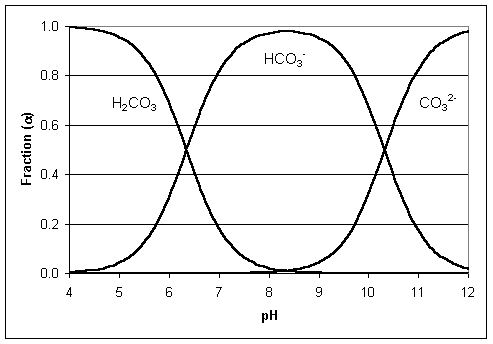Randy Holmes-Farley
Reef Chemist
View Badges
Staff member
Super Moderator
Excellence Award
Expert Contributor
Article Contributor
R2R Research
My Tank Thread
- Joined
- Sep 5, 2014
- Messages
- 67,353
- Reaction score
- 63,691
Reef Chemistry Question of the Day #109
In a calcium carbonate/carbon dioxide reactor that is used to supply calcium and alkalinity to a reef aquarium, what is the molecular level function of the carbon dioxide?
A. It increases the concentration of magnesium, thereby increasing the solubility of the solid media
B. It increases the concentration of carbonate, thereby increasing the solubility of the solid media
C. It reduces the concentration of bicarbonate, thereby increasing the solubility of the solid media
D. It reduces the concentration of carbonate, thereby increasing the solubility of the solid media
Good luck!
.
In a calcium carbonate/carbon dioxide reactor that is used to supply calcium and alkalinity to a reef aquarium, what is the molecular level function of the carbon dioxide?
A. It increases the concentration of magnesium, thereby increasing the solubility of the solid media
B. It increases the concentration of carbonate, thereby increasing the solubility of the solid media
C. It reduces the concentration of bicarbonate, thereby increasing the solubility of the solid media
D. It reduces the concentration of carbonate, thereby increasing the solubility of the solid media
Good luck!
.



















